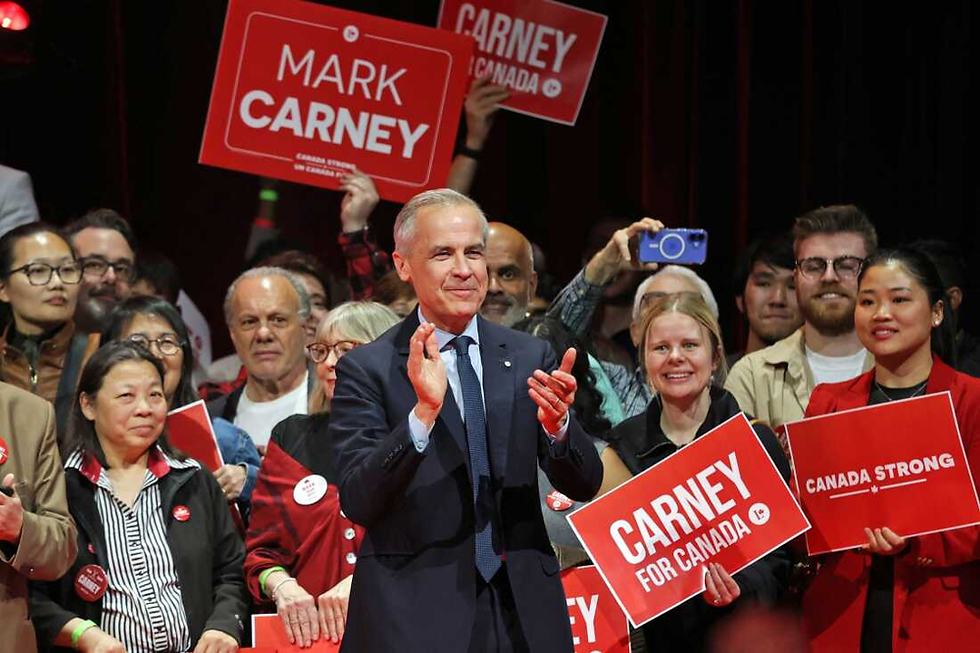🌍 Burkina Faso, Ibrahim Traoré, and the Eternal Question
- Admin

- Apr 28, 2025
- 3 min read

Will Africa Finally Defend Its Dreamers?
“When lions awaken, the hunters tremble. Will Africa defend her sons, or watch again as her brightest are betrayed?”
The Rise of a New Voice: Captain Ibrahim Traoré
Today, Burkina Faso is led by a new hope: Captain Ibrahim Traoré, a true son of Africa.He did not rise to leadership through traditional elite pathways, but through the will of a people weary of corruption, exploitation, and foreign domination.
In September 2022, Traoré answered the call.Amid growing unrest and popular mobilization, he led a movement that captured the deepest aspirations of the Burkinabè: sovereignty, dignity, and freedom.
Since then, Traoré has sought to restore the nation’s dignity — severing colonial ties, expelling foreign troops, and seeking partnerships based on mutual respect, not exploitation.
But history has taught us: African leaders who challenge neocolonial powers rarely survive unscathed.
Burkina Faso: A Nation Chained by Neocolonialism
Burkina Faso, once known as Upper Volta, endured decades as a French colony.Although it gained formal independence in 1960, true sovereignty remained elusive.France continued to dominate its economy, politics, and military through puppet arrangements and resource extraction.
Despite being rich in gold and other minerals, Burkina Faso’s wealth flowed outward — enriching foreign corporations while its people remained impoverished.
During World War II, thousands of Burkinabè men were conscripted to fight in wars not their own, only to return to a nation still shackled by systemic racism and marginalization.
Captain Traoré now challenges this legacy, demanding real freedom.
Predictably, the machinery of neocolonialism has already turned against him.
Gaddafi, the United States of Africa, and the Price of Defiance
History offers a chilling reminder:In 2011, Muammar Gaddafi of Libya was assassinated during a NATO-led intervention.
Former U.S. Congresswoman Cynthia McKinney, among others, later revealed that Gaddafi’s push for a United States of Africa, including a continental gold-backed currency, was a major factor behind Western hostility.Gaddafi’s vision threatened the dominance of the U.S. dollar and Euro in Africa — and he paid the ultimate price.
Barack Obama himself later admitted the Libya operation was his “worst mistake” — having plunged one of Africa’s most prosperous countries into endless chaos.
Today, the rhetoric against Ibrahim Traoré echoes that same sinister pattern.
A Long List of African Martyrs
History bears the bloody footprints of dreamers cut down too soon:
Leader | Country | Year | Cause |
Patrice Lumumba | Democratic Republic of Congo | 1961 | Assassinated (CIA, Belgian complicity) |
Thomas Sankara | Burkina Faso | 1987 | Assassinated (French complicity) |
Muammar Gaddafi | Libya | 2011 | Killed (NATO intervention) |
Amílcar Cabral | Guinea-Bissau/Cape Verde | 1973 | Assassinated (colonial forces implicated) |
Samora Machel | Mozambique | 1986 | Plane crash (apartheid regime suspected) |
Félix-Roland Moumié | Cameroon | 1960 | Poisoned (French secret services) |
Sylvanus Olympio | Togo | 1963 | Killed (French-trained soldiers) |
Ali Soilih | Comoros | 1978 | Overthrown (French mercenaries) |
And the list goes on — proof that dreams of a truly independent Africa have often been met with violence and betrayal.
The Invisible War: Will Traoré Survive?
Since assuming power, Captain Traoré has reportedly survived multiple assassination attempts — facing threats from internal conspirators and external forces alike.
A recent statement by a U.S. military officer in Congress even hinted at possible intervention — invoking the same pretexts once used to justify attacks on Libya.
Africa stands at a crossroads.
Will the continent once again watch silently as its future is destroyed before its eyes?Or will it rise — finally — to protect those who dare to dream on its behalf?
The Critical Question
Another African son now stands at the frontline.Another dream flickers dangerously in the winds of history.
Thus, we must ask:
Will Africa defend her dreamers this time, or allow betrayal to triumph once more?
The chains of neocolonialism are tightening. But unity can still break them.
The choice is ours.
“The hour of Africa’s second liberation is here. Will her children fight for her, or betray her again?”



Comments